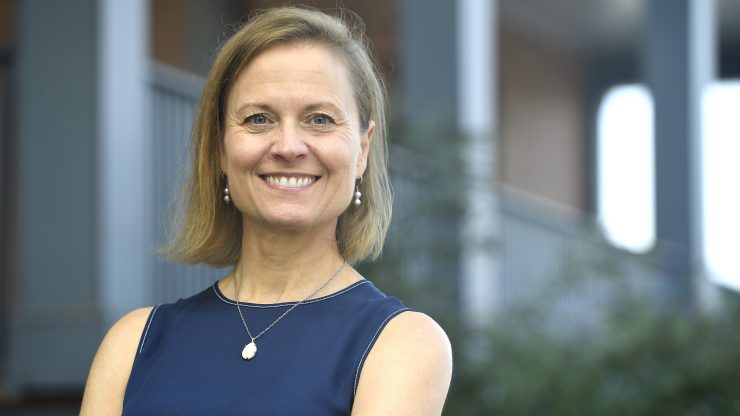It’s time for a new education conversation in the United States. Our teachers need it, our parents want it, and our children deserve it.
Educational Pluralism and Democracy: How to Handle Indoctrination, Promote Exposure, and Rebuild America’s Schools
Forthcoming, Harvard Education Press, April 2024.
Many Americans think of education in stark terms: public or private. The rest of the world thinks about education differently. The US should, too. It’s time for a new education conversation.
Ashley Rogers Berner’s book, Educational Pluralism and Democracy: Exposure versus Indoctrination, to be released in April 2024, explains what educational pluralism looks like on the ground and addresses the following questions:
- Why does common content matter?
- What is the difference between exposure and indoctrination in the curriculum?
- What kind of schools shouldn’t be funded in plural systems?
- How does quality control apply to new models, such as home schools or micro schools?
- How can we get out of the zero-sum game that holds our school systems captive?
In the end, she argues that our country’s education should be a generous space in which there is room for all of us.
MORE ON EDUCATION PLURALISM
“A Sustainable Path to School Choice.” American Compass. Washington, D.C. (June 29, 2023).
“Op Ed: What if we Replaced Public School District with Less Rigid Systems?” The Los Angeles Times. (June 15, 2022).
“Introducing Pluralism to Public Education.” American Compass. A Symposium on Retooling American Education. (June 1, 2022).
“Ashley Berner: Not all schools are the same. Think pluralism.” Johns Hopkins School of Education. (April 22, 2022).
“Educating Future Citizens.” The Johns Hopkins Hub. Special Coverage: Democracy in Peril. (January 6, 2022).
“What American schools can learn from other countries about civic disagreement.” The Conversation. (November 4, 2021).
“Op-Ed: Leave the culture wars out of coursework. Don’t gerrymander curriculum.” The Chicago Tribune. (August 9, 2021). On the Institute’s website, here.
“No One Way to School: Educational Pluralism and Why it Matters.” TEDxWilmington (February 9, 2018).
“Education for the Common Good.” Education Next. (December 2017).
EDUCATION PLURALISM’S CORE BELIEFS:
- Education simply cannot be neutral with respect to values; therefore, democracies should fund a variety of schools that differ from one another in meaningful ways.
- Educational outcomes affect all of us; therefore, democracies should ensure that all schools meet high academic standards.
- Education belongs within civil society; neither the government nor individuals should have absolute control.
- All families – not only well-off families – should have access to schools that fit their children’s needs.
- When democracies incentivize strong, distinctive school culture and intellectually challenging curriculum, all kids benefit.
ABOUT US
Ashley Rogers Berner, PhD
Director, Johns Hopkins Institute for Education Policy
"The United States needs a new conversation about schools that cuts through our political fragmentation and offers a balanced path forward. Educational pluralism can support that process. I hope this book inspires new alliances, new collaborations, and leads over time to an entirely different framework in which to do education policy."

Ashley Berner is the director of the Johns Hopkins Institute for Education Policy and associate professor of education. She has published articles, book chapters, and op-eds on citizenship formation, academic outcomes, pluralism, and the political theories of education in different national contexts. Berner represents the Institute’s work across the country and consults regularly with international, federal, and state-level agencies, non-governmental organizations, and school systems.